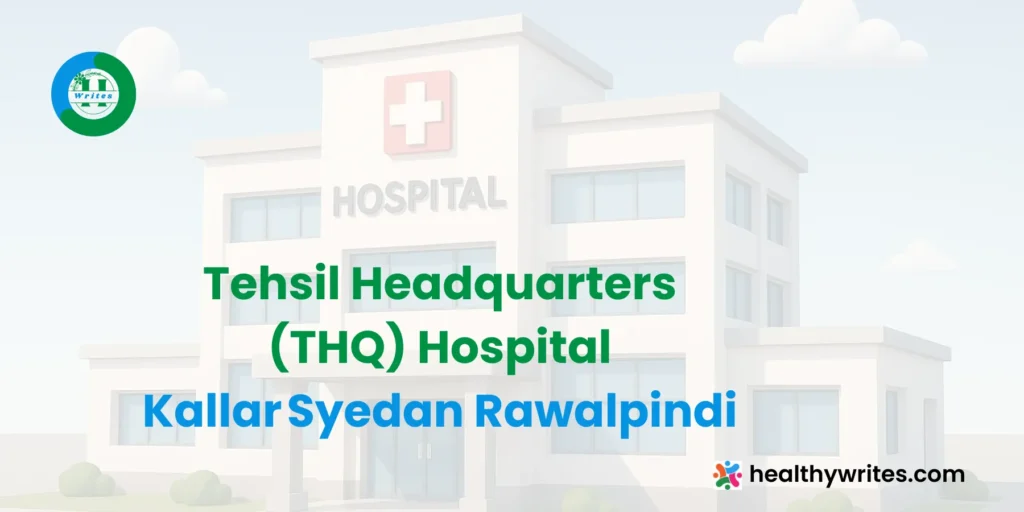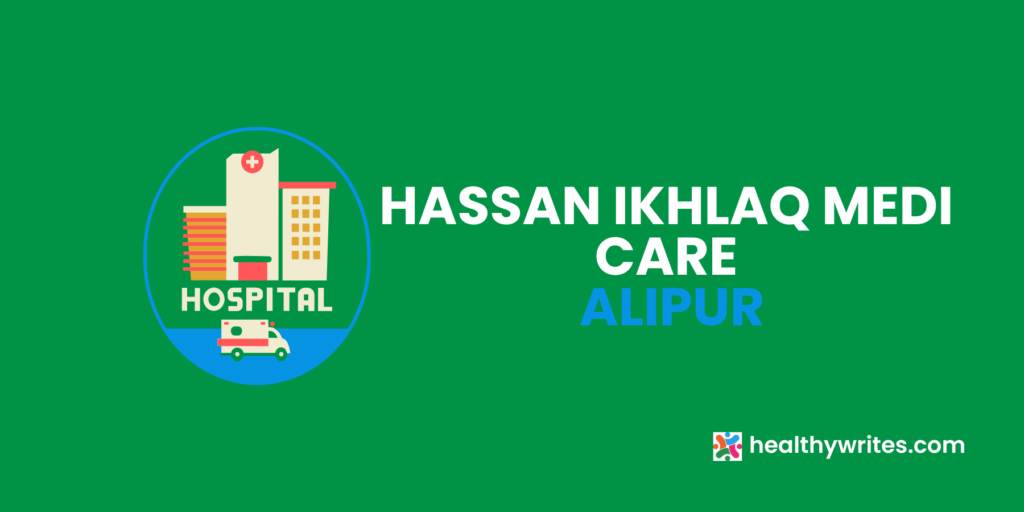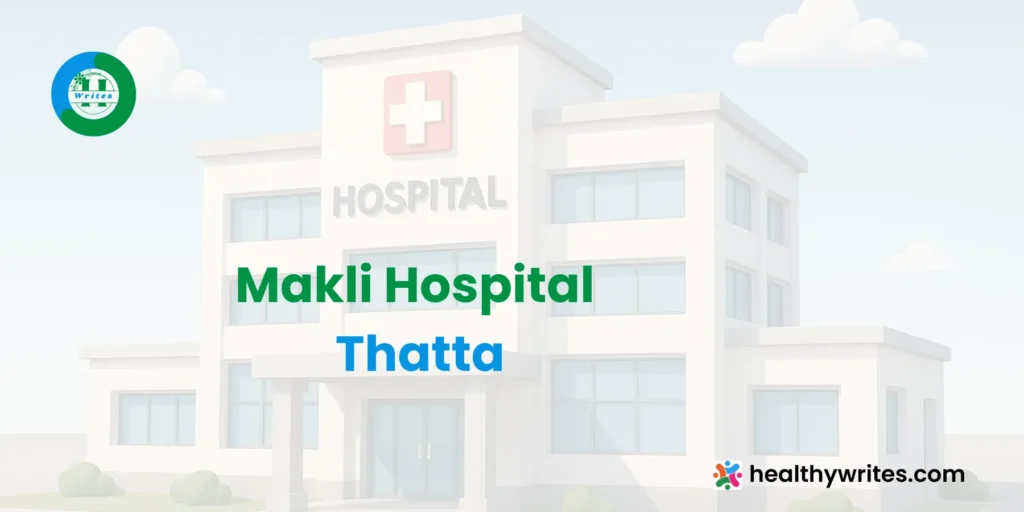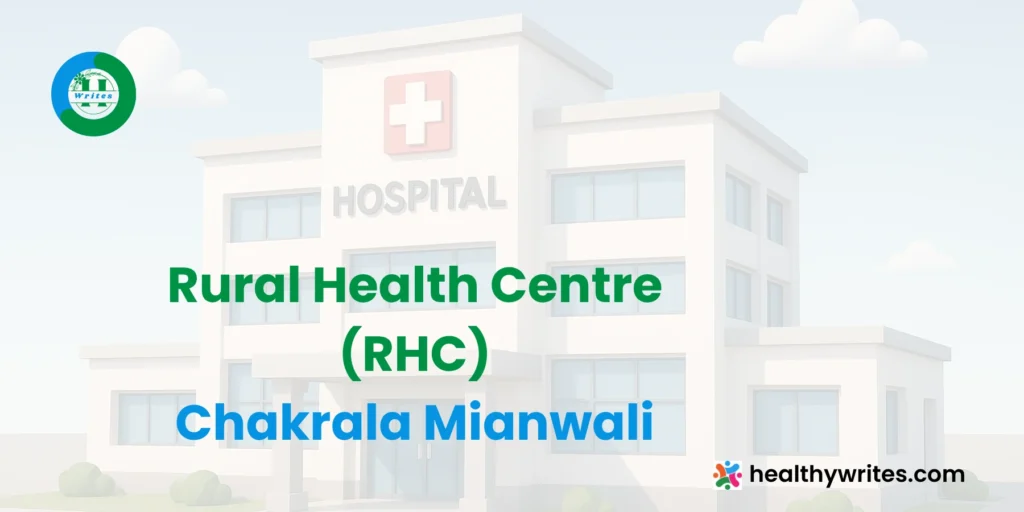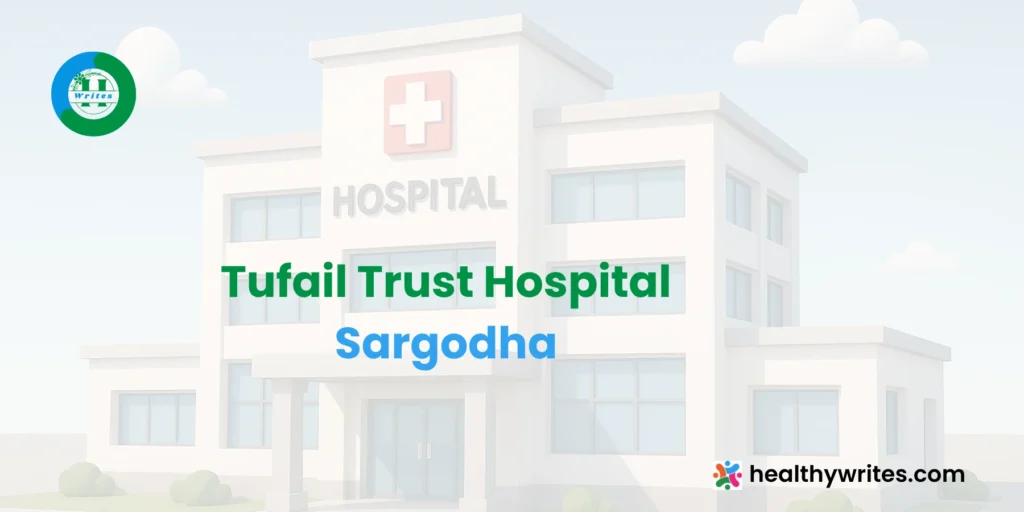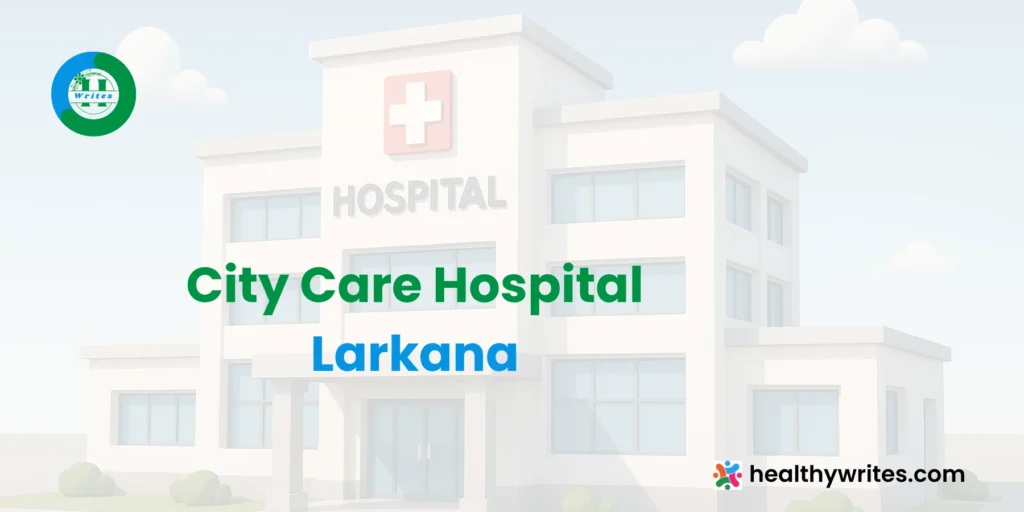THQ Hospital Kallar Syedan is the primary secondary-care facility for Kallar Syedan Tehsil in Rawalpindi District, Punjab, Pakistan, serving a region of approximately 217,000+ people across 23 union councils. It plays a vital healthcare role for the local population, delivering outpatient, emergency, maternal, and basic diagnostic services.
📍 Location & Catchment Area
Situated in Kallar Syedan city, the hospital caters to residents of the tehsil and nearby rural settlements. It’s accessible via N-38 and local road networks connecting to neighboring areas
🏥 Services & Infrastructure
- Outpatient services in medicine, gynecology, pediatrics, general surgery, TB and HIV screening, and vaccination drives
- Emergency/trauma services—though lacking a dedicated trauma center.
- Basic radiology: analogue X‑ray; no CT scan yet. Blood bank and lab facilities functional.
- Maternal & child health: immunization, prenatal care, and newly launched development center
🚰 Utility & Maintenance Issues
- Water shortage plagued the facility for years—only half the contracted supply arrives; long load-shedding impacts OT and wards
- In 2022, a borewell-install funded by PPP leaders resolved the central water issue
- Hospital residential colony’s water was disconnected in August 2023, creating hardship for doctors and staff
🩺 Staffing & Operational Challenges
- Critical staff shortages: no Emergency Medical Officer, dispenser, OT/X‑ray assistants, or LHV
- About 30 daily-wage sanitary workers went unpaid for months in early 2023, disrupting cleanliness
📈 Upgradation & Community Health Initiatives
- As part of Rawalpindi Health Department’s Rs 150 million initiative, Rs 39 million allocated to upgrade THQ Kallar Syedan in 2022—expanding stock of vaccines and anti-snake/dog bite medication
- September 2023: PHIMC visited under Sehat Sahulat Program for performance monitoring
- October 2023: “Health Week” held, offering free Hb, TB, HIV, hepatitis screenings, and Hep-B vaccines for pregnant women and children
- In 2023, a maternal–child development center (“Better Health Program”) opened to support financially vulnerable mothers and infants
⚠️ Critical Challenges Remaining
- Severe staff gaps impair emergency response and general services.
- Water instability persists despite improvements.
- Sanitation concerns due to unpaid workers.
- No CT scan or digital imaging capabilities.
🎯 Recommendations for Improvement
- Fill vacant key positions: EMO, LHV, dispensers, radiology & OT assistants.
- Ensure stable water supply to both hospital and staff housing.
- Convert allocated funds into actionable infrastructure upgrades.
- Introduce advanced imaging (digital X‑ray/CT), improve lab tech resources.
- Regularize payment for daily-wage staff and ensure sanitation.
- Reinforce oversight and deliver consistent sehat sahulat services.
❓ FAQs – THQ Hospital Kallar Syedan
Where is THQ Hospital Kallar Syedan?
Located in Kallar Syedan city, Rawalpindi District, on N-38 road; serves a population of ~217,000 across tehsil
Does it offer 24/7 emergency care?
Yes, though without a trauma center and with staffing gaps limiting round-the-clock specialist care.
Is there a blood bank and diagnostic imaging?
Blood bank and analogue X‑ray available. No CT scan or digital imaging currently.
Are maternal and child health services provided?
Yes—prenatal care, vaccinations, and a new development center are operational
Has the water situation improved?
A water borewell was installed in 2022, but water disruption persists during outages. Staff housing water later disconnected
Are staff shortages affecting services?
Yes—critical posts like EMO, LHV, assistants, and sanitation workers remain unfilled or unpaid, compromising service delivery
Any recent upgrades or programs?
Yes—major funding for upgrades, free health week, and maternal-child program launched under provincial initiatives
🔍 Conclusion
THQ Hospital Kallar Syedan remains essential for local healthcare, achieving progress through provincial upgrades and health campaigns. Yet chronic staffing shortages, infrastructure issues, and service gaps reduce effectiveness. Urgent attention to staff recruitment, water reliability, sanitation, and diagnostic enhancements is needed to match health needs of over 200,000 residents.
